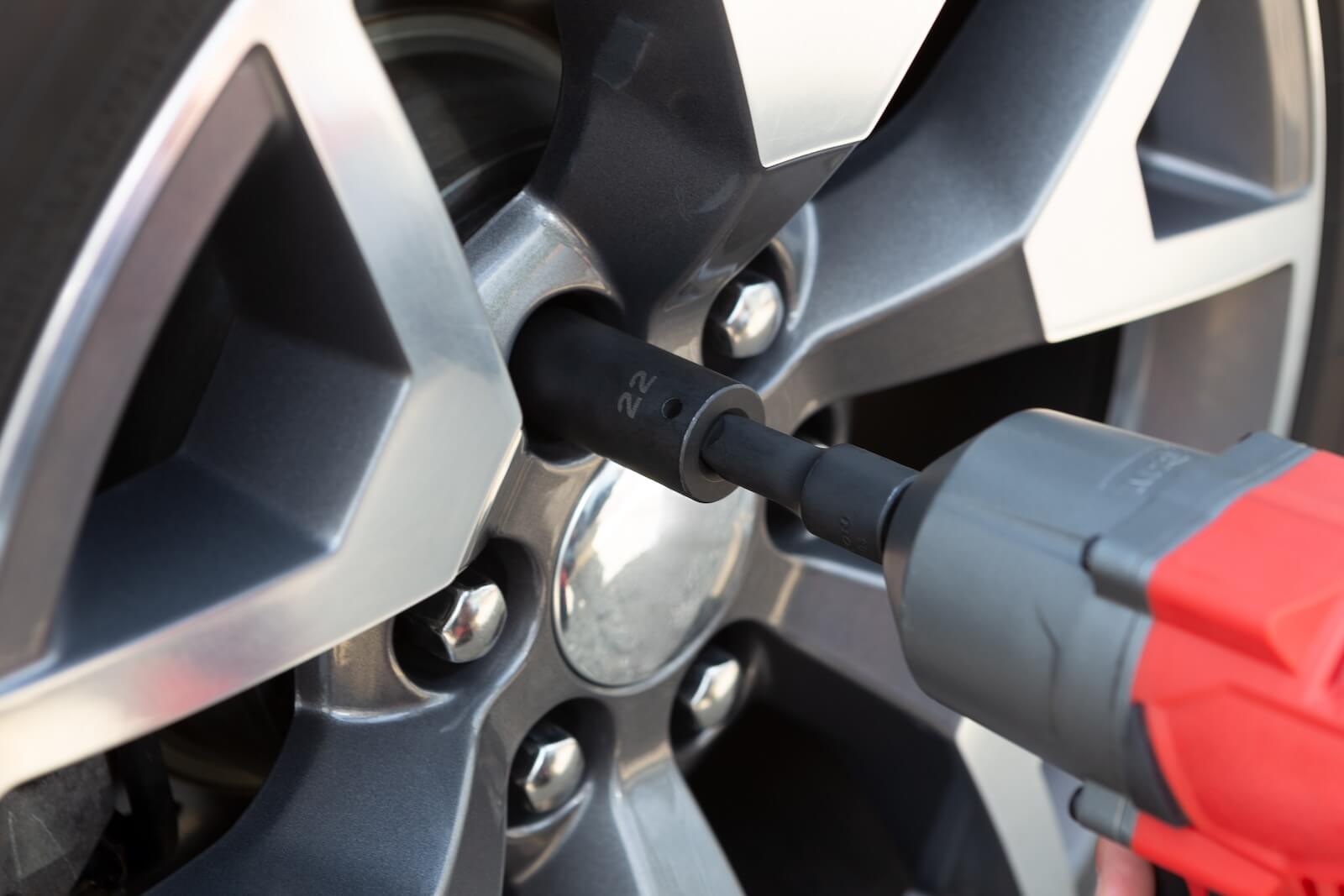In the world of fleet management, maintaining the health and longevity of vehicles is crucial. One of the key challenges fleet managers face is minimizing wear and tear on their vehicles, as excessive use and poor maintenance practices can lead to costly repairs, decreased efficiency, and shortened vehicle lifespan, ultimately hurting the ROI.
However, one of the core tenets of effective fleet management service is proactive maintenance. Proactive maintenance significantly reduces wear and tear on fleet vehicles and gets the most out of them despite their heavy use. Fleet management practices contribute to preserving the condition of vehicles and extending their lifespan so you can keep your fleet running smoothly, avoid downtime, and avoid costly repairs.
Fleet Advisors understands the demanding pace of managing a fleet and all that goes with it. A well-maintained fleet is a productive fleet. Let us handle the maintenance, cleaning, and inspections so you can focus more on expanding your business.
Implementing Preventive Maintenance Into Your Fleet
Preventive maintenance is a crucial component of fleet management that focuses on regular inspections, servicing, and repairs before major issues arise. A well-defined maintenance schedule is essential for fleet managers to keep track of regular maintenance tasks for each vehicle in the fleet.
This schedule should have standard maintenance procedures such as:
- Routine Oil Changes
- Tire Rotations
- Brake Inspections
- Fluid Checks
- Filter Replacements
By adhering to a consistent schedule, fleet managers can ensure that vehicles receive timely maintenance, reducing the chances of unexpected breakdowns and minimizing wear and tear. Regular inspections are vital to identify potential issues and address them before they escalate into major problems.
In addition to performing state-mandated inspections, fleet management services should establish a standardized inspection process for each vehicle, encompassing such things as:
- Brake Checks
- Suspension
- Steering Components
- Tire and Tire Pressure
- Lights
These inspections can be performed at predetermined intervals, in conjunction with routine maintenance tasks, or as part of a DOT-mandated inspection. By identifying and rectifying issues early on, fleet managers can find issues before they evolve into more serious problems.
Managing Documentation To Streamline Service
Fleet management services also take care of a key factor in all maintenance: paperwork. Accurate and detailed documentation of maintenance and repairs is crucial for effective preventive maintenance. Fleet managers maintain records of all maintenance activities, including dates, mileage, parts replaced, and the servicing performed.
This documentation enables fleet managers to track maintenance history, identify recurring issues, and plan future maintenance tasks accordingly. It also provides valuable insights for warranty claims, resale value assessments, and budgeting purposes. While not itself a feature that reduces wear and tear, proper documentation can help track which vehicles are experiencing problems and which are not, allowing owners to examine their fleet on a vehicle-by-vehicle basis to get a clear picture of how they are being affected by maintenance and wear.
Utilizing GPS to Monitor Vehicle Wear and Tear
Telematics technology enables fleet managers to monitor vehicles in real-time, providing valuable insights into their performance, usage patterns, and maintenance needs. Telematics refers to using GPS and other driving tracking systems to discover specific information about a vehicle’s use. By leveraging telematics, fleet managers can track factors such as fuel consumption and mileage. More importantly, telematics can track idle engine hours, which calculates time spent idling into mileage. This is also useful for tracking engine usage for vehicles with built-in equipment like a towing winch, bucket lift, or snowplow attachment.
As things like oil changes, tire rotation, and tire wheel pressure are heavily dependent on mileage, telematics can help managers determine which vehicles need to undergo maintenance and when. This helps greatly when planning for the budget and determining the downtime of certain vehicles.
Not only does this help with planning but it also makes sure vehicles get the maintenance they need when they need it. There is no need to worry about vehicles breaking down from unforeseen engine problems with such intensive monitoring in place. Telematics is an advanced method of vehicle monitoring that ensures every vehicle gets the care it needs to stay running and make you money.
Effectively Manage Your Fleet
Having a clear maintenance plan is a hallmark of a well-run fleet. It is better to prevent a problem from happening than to repair a major problem out of nowhere. Fleet management plays a crucial role in minimizing the daily wear and tear on vehicles, maximizing their longevity, and minimizing maintenance costs. By adopting these strategies, fleet managers can ensure that their vehicles remain reliable, efficient, and cost-effective throughout their operational life.
Proactive maintenance is just one of the many priorities Fleet Advisors brings to its clients. Whether you are looking for someone to do your maintenance, wash your fleet, or perform DOT-mandated inspections in the Denver area, Fleet Advisors can cover it all. If you want to take the worry out of fleet maintenance, contact us today.
Go to shop for all your fleet maintenance needs in Denver and the surrounding areas. Our years of experience have led us into this venture, a one-stop shop for all your fleet’s needs.


